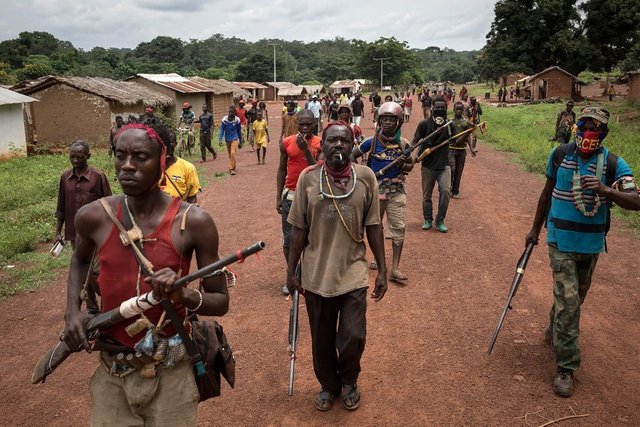HANDLING SOCIAL AND RACIAL CLASHES IN CAMEROON (AFRICA)

In recent discussions involving social and economic development in Cameroon, some tendentious issues have been on how to handle social and racial clashes. In the book Intellectual Empathy, the philosopher Maureen linker proposes a method of resolving these clashes by applying intellectual empathy. She defines intellectual empathy as “a means for examining both the wide scope of social institutions and social inequality and the narrow scope of our own beliefs.” As Linker suggests, in order to better socialize with people from other cultures, we must familiarize ourselves with these cultures as well as the individuals we interact with. In the ensuing paragraphs, we will be discussing on how we (Cameroonians) can work together so as to mitigate social and racial clashes in order to build a stronger social and economic system .
To begin with, the first steps through which Cameroonians can handle social and racial clashes is by applying honest diversity. Conventional wisdom has it that, people who oppose diversity are bigots they are fixated on labeling unfamiliar cultures. In the book Don’t Label Me by Ishard Manji, she writes “some people oppose diversity because they are bigots. Others, though, are skeptical of diversity because of how we, its champions, practice it. And Labeling drains diversity of its unifying potential.” As Manji Postulates, people who advocate for diversity generally fail to realize that those who oppose it are fundamentally creating a diversified society and the former fail to try to understand why some oppose diversity. Honest diversity can be achieved in two steps: beginning with labels and moving past them to get to know our interlocutors on a personal level.
In order to truly familiarize ourselves with strange cultures in a diverse society, we must begin by separating individuals into various social and cultural categories. Labeling individuals is the first step towards achieving honest diversity because of the fact that we are all unique, and at the same time are largely influenced by our surroundings and our societies. Labeling is facilitated by using the knowledge of our web of belief and our own group’s intent to differentiate between individuals and cultural categories.